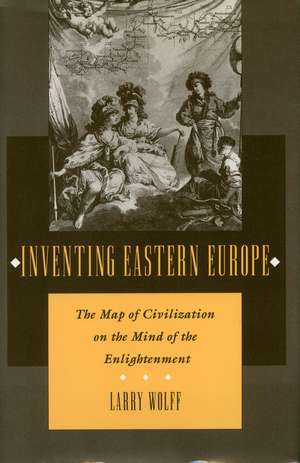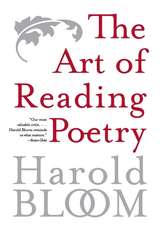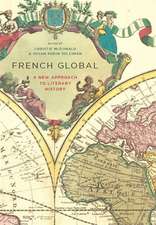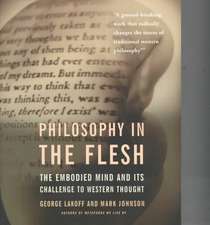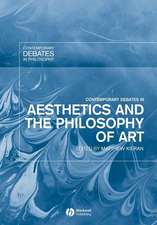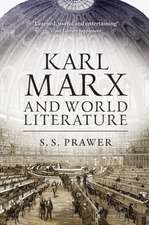Inventing Eastern Europe: The Map of Civilization on the Mind of the Enlightenment
Autor Larry Wolffen Limba Engleză Paperback – 31 mai 1996
Preț: 321.88 lei
Nou
61.59€ • 64.31$ • 50.97£
Carte disponibilă
Livrare economică 15-29 martie
Specificații
ISBN-10: 0804727023
Pagini: 436
Dimensiuni: 152 x 229 x 28 mm
Greutate: 2.38 kg
Ediția:1
Editura: Stanford University Press
Colecția Stanford University Press
Recenzii
Textul de pe ultima copertă
“Thought-provoking and well written, . . . Wolff’s book provides a valuable treatment of the ways in which ‘Enlightened’ thinkers conceive of the lands east of the Elbe. . . . A very welcome contribution to both the history of the Enlightenment and the Western understanding of Eastern Europe.” —The Russian Review
“The distinction between East and West Europe is a seemingly immemorial cliché that desperately needs dismantling, and Wolff does it with erudition and a lively dramatic sense.”—Voice Literary Supplement
Descriere
This is a wide-ranging intellectual history of how, in the 18th century, Europe came to be conceived as divided into "Western Europe" and "Eastern Europe". The author argues that this conceptual reorientation from the previously accepted "Northern" and "Southern" was a work of cultural construction and intellectual artifice created by the philosophes of the Enlightenment. He shows how the philosophers viewed the continent from the perspective of Paris and deliberately cultivated an idea of the backwardness of "Eastern Europe" the more readily to affirm the importance of "Western Europe".
